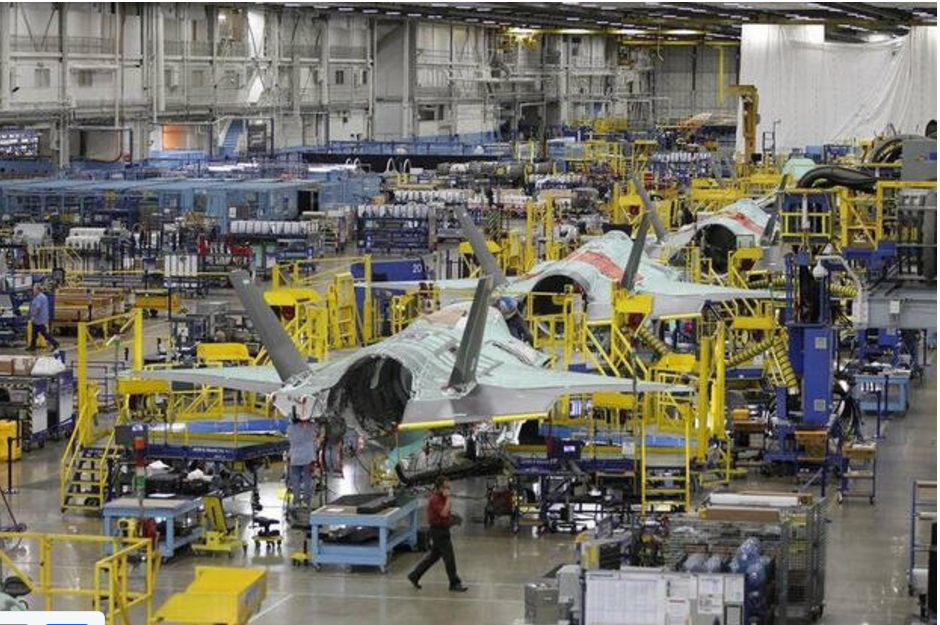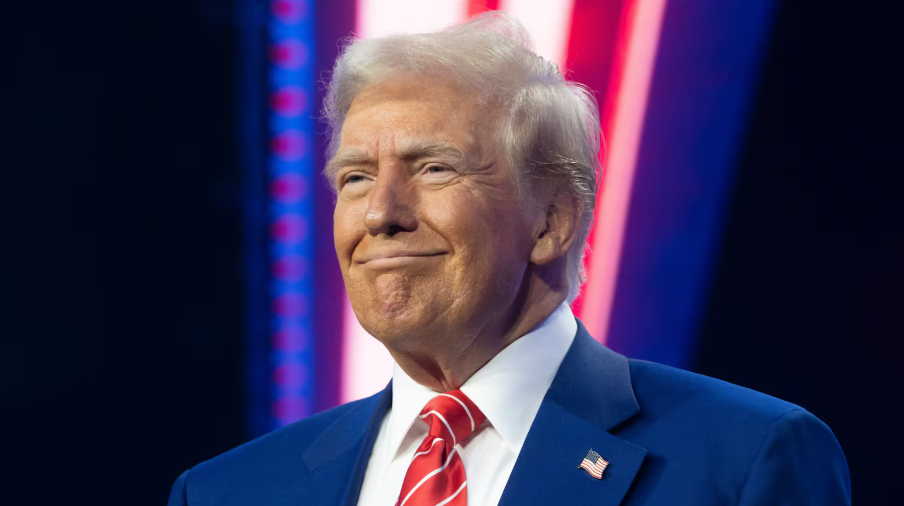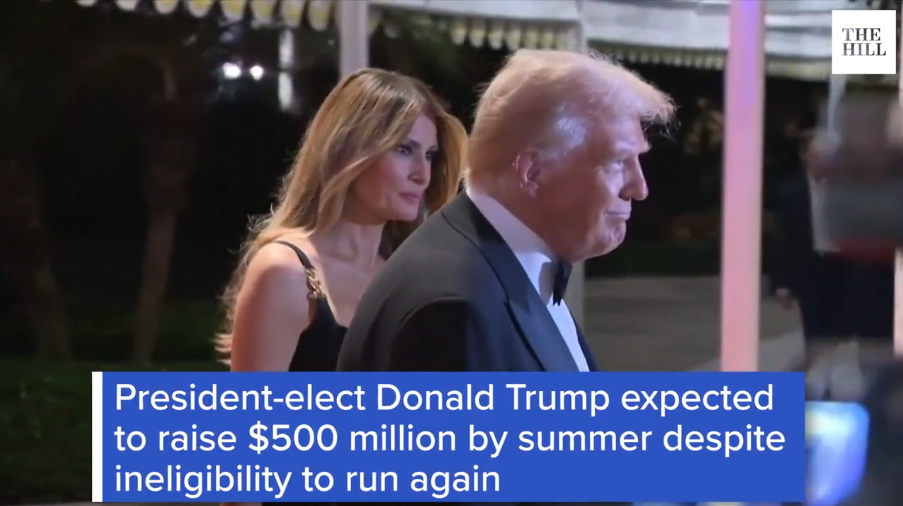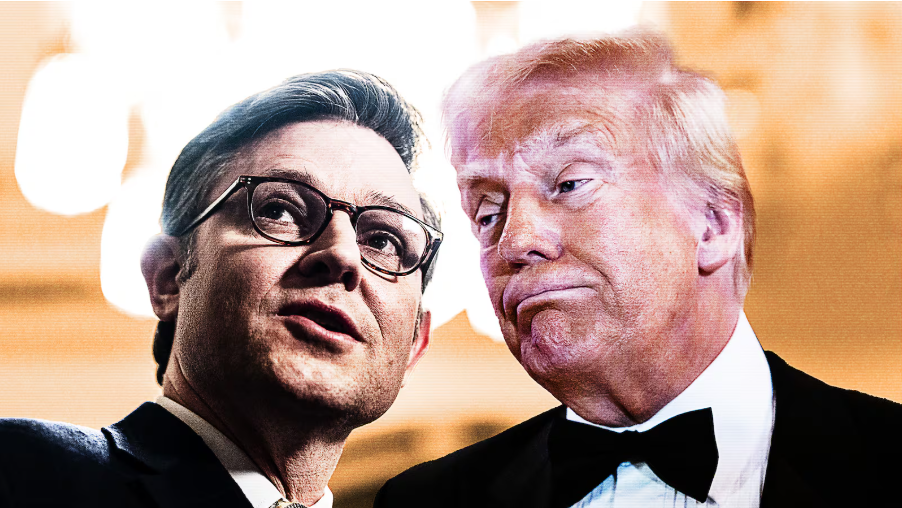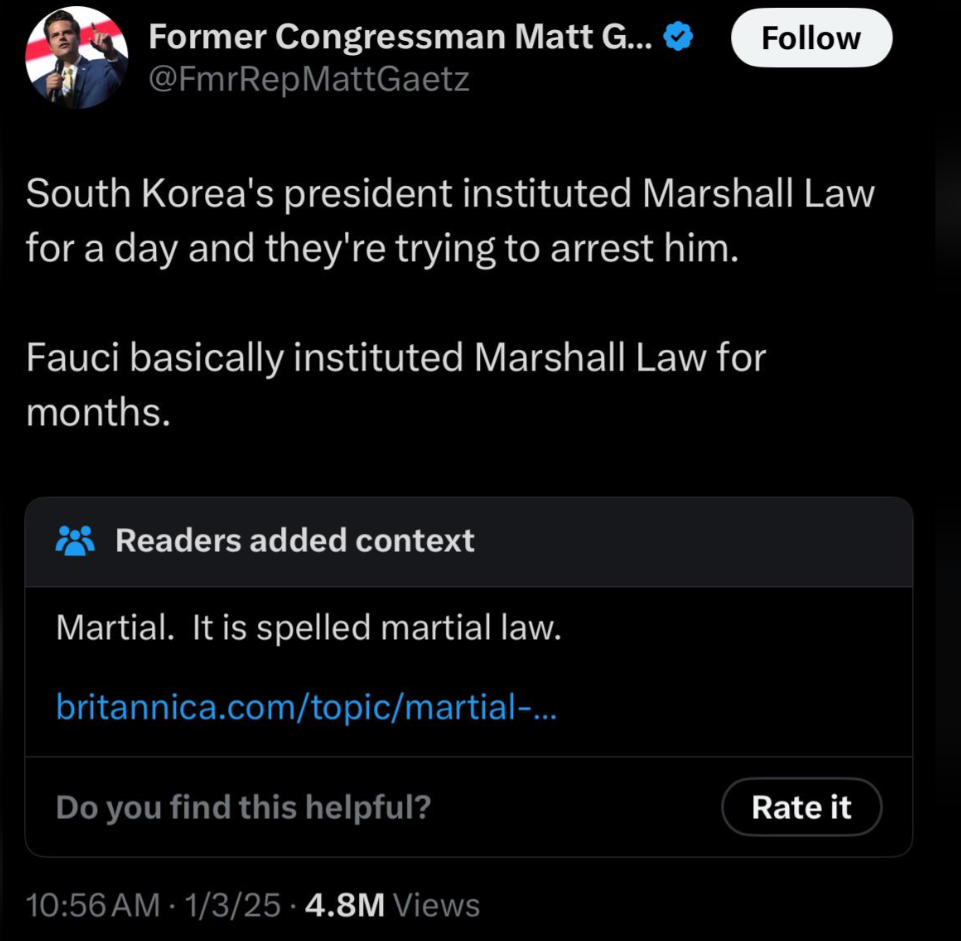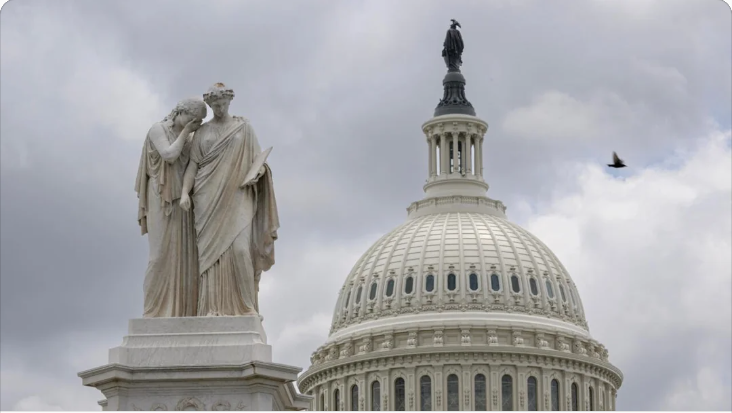Elon Musk, Charged with Cutting Federal Spending, Calls the F-35 a Waste of Money
Elon Musk, the billionaire entrepreneur and CEO of SpaceX and Tesla, has never been one to shy away from controversy. Recently, in discussions about reining in federal spending, Musk took aim at one of the U.S. government’s most expensive military projects—the F-35 fighter jet program. Calling it a “waste of money,” Musk’s critique has reignited debates about defense spending and the balance between national security and fiscal responsibility.
The F-35 Program: A Costly Endeavor
The F-35 Lightning II, developed by Lockheed Martin, is the Pentagon’s flagship stealth fighter program and one of the most expensive weapons systems in history. Initially conceived as a cost-effective solution to replace aging aircraft across the Air Force, Navy, and Marine Corps, the program has been plagued by delays, technical issues, and massive cost overruns.
As of 2023, the program’s lifetime cost was estimated at $1.7 trillion, including development, production, and sustainment. Critics, including Musk, argue that the F-35 has failed to deliver on its promises of affordability and performance, making it a prime example of government inefficiency.
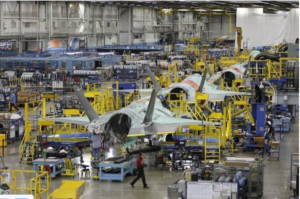
Musk’s Critique
Musk’s comments on the F-35 align with his broader views on federal spending. He has frequently called for greater accountability and efficiency in government operations, advocating for cutting waste and redirecting resources toward innovation and progress.
In a recent public forum, Musk labeled the F-35 a “boondoggle,” suggesting that the program epitomizes outdated thinking in defense procurement. He contrasted the fighter jet’s development with his own ventures in aerospace, implying that private-sector innovation could achieve better results at a fraction of the cost.
“The future of warfare is not about expensive manned aircraft,” Musk said. “It’s about drones, AI, and autonomous systems. The F-35 represents the past, not the future.”
Mixed Reactions
Musk’s comments have sparked mixed reactions from policymakers, defense experts, and the general public.
- Supporters of Musk’s Position: Many fiscal conservatives and government watchdog groups have praised Musk for calling out the F-35 program, arguing that it symbolizes the Pentagon’s struggle to control costs. They agree with his assertion that emerging technologies like drones and artificial intelligence could redefine military strategy at a lower cost.
- Critics of Musk’s Remarks: Others have criticized Musk’s lack of expertise in military affairs, noting that while autonomous systems are promising, they cannot yet fully replace manned aircraft. They also argue that Musk’s dismissal of the F-35 overlooks its role in maintaining U.S. air superiority, particularly in the face of growing threats from China and Russia.
The Broader Debate on Federal Spending
Musk’s critique of the F-35 fits into a larger conversation about federal spending and priorities. As the national debt continues to grow, calls for fiscal discipline have intensified, with defense spending frequently scrutinized as one of the largest components of the federal budget.
While few would argue against the need for a strong national defense, debates about the F-35 highlight the tension between maintaining military capabilities and ensuring taxpayer dollars are spent wisely. Musk’s comments have added a high-profile voice to this ongoing discussion, drawing attention to the broader need for innovation and reform in defense procurement.
Moving Forward
Whether Musk’s critique leads to meaningful change remains to be seen. The F-35 program is deeply entrenched, with billions already invested and international allies relying on its success. However, his remarks have sparked renewed interest in exploring alternative approaches to military technology—perhaps paving the way for a more forward-looking defense strategy.
For now, Musk’s perspective serves as a reminder that even the largest government programs are not immune to scrutiny, especially in an era of tightening budgets and rapid technological change.
Would you like to explore Musk’s specific suggestions for alternatives or focus on the F-35 program’s controversies in more detail?
